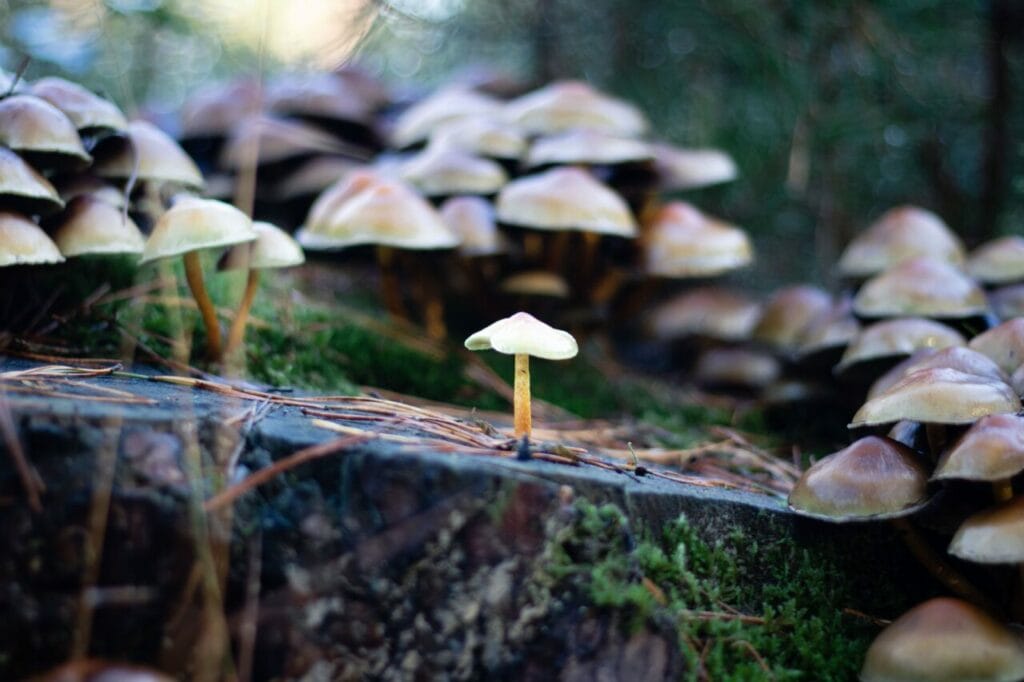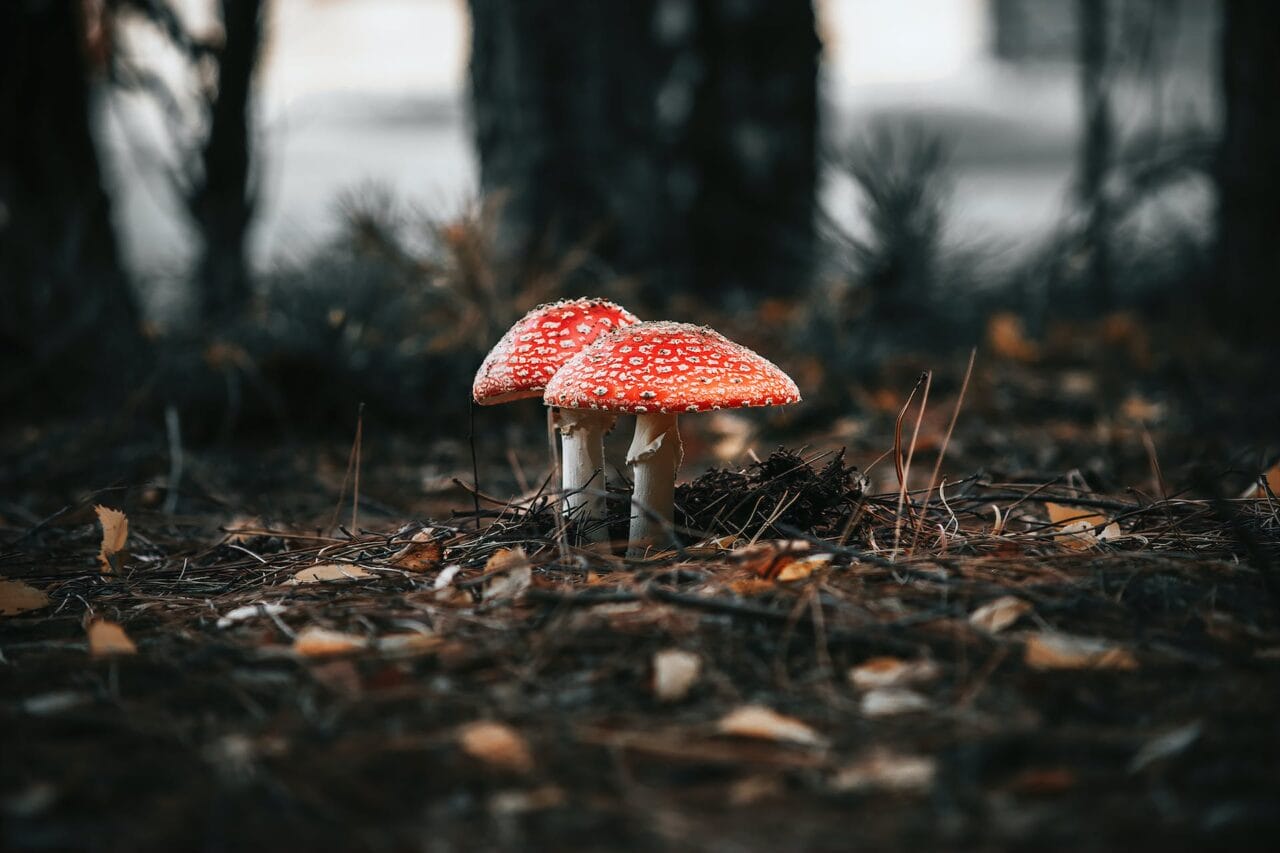The interest in psilocybin mushrooms is growing, driven by studies suggesting their potential to aid mental health conditions such as anxiety and addiction. However, despite this increasing curiosity, acquiring psilocybin remains a challenge. There is a limited number of labs and shroom delivery services that supply magic mushrooms, and the prices can be rather high.
This article will delve into the journey of psilocybin, its current status, and the potential benefits it might offer to those in need.
[toc]Main Takeaways:
- Mushroom cultivation requires substantial effort and detailed monitoring to avoid contamination during the inoculation stage.
- Psilocybin creates a psychedelic experience by affecting various brain areas, particularly the serotonin receptors.
- Psilocybin causes only a minor increase in heart rate, which returns to normal shortly after ingestion, and generally does not lead to other adverse effects.

Providing Only Premium Quality Magic Mushrooms
Magic mushrooms naturally grow in a variety of environments including manure-rich fields, leafy temperate forests, grasslands, and woodlands. Over the centuries, people have ventured into these areas to collect these fungi for medicinal purposes or to use them in spiritual and religious rituals.
Conventional Method
Currently, the traditional practice of foraging for mushrooms in their natural habitats is less common. This shift may be attributed to the rise of new approaches like cultivation or the option to buy magic mushrooms online.
Wild mushrooms are often less potent than those grown in labs, which are carefully nurtured in controlled environments. Plus, there’s always the risk of accidentally picking a poisonous species while foraging in the wild.
Contemporary Method
The cultivation of shrooms starts with a complicated procedure that involves meticulously growing spores to maturity. This process demands a
A significant amount of effort and meticulousness is required to prevent any potential contamination during the mushroom inoculation phase. Once the mushrooms are ripe for harvesting, laboratories or cultivators usually dry them to extend their shelf life. While fresh mushrooms only remain viable for a few days, dried mushrooms can be stored for several months, even up to a year.
Manufacturers process dried mushrooms into various forms, including microdose capsules, edibles, tinctures, and drinks. These products are then distributed throughout Canada through magic mushroom delivery services.
Harnessing the Potential of Psilocybe Cubensis or Magic Mushrooms
The primary motivation for conducting clinical trials on mushrooms is to explore their potential impact on mental health and mood disorders, as suggested by anecdotal evidence. Numerous studies focus on these effects, from microdosing with capsules to having a mushroom trip with dried mushrooms or chocolate edibles.
Once consumed, psilocybin is metabolized into psilocin. This compound functions similarly to serotonin, a key neurotransmitter involved in mood regulation. It interacts with various brain regions, particularly the serotonin receptors, to initiate a psychedelic journey.
People who undergo psilocybin therapy often report substantial changes beyond mere sensory enhancement and visual modifications. These transformations can lead to a significant shift in self-perception and a profound change in personal perspective, often marked by deep insights.
Depression and Suicidal Thoughts
In a study featured in the Journal of Psychopharmacology, researchers examined the impact of a psychedelic experience on individuals grappling with depression and suicidal thoughts. Most participants regarded their encounter with psilocybin as highly significant and highlighted its potential influence on their lives. Such levels of satisfaction could potentially increase the effectiveness of therapy, given the crucial role of patient engagement in mental health interventions.
Safety Profile
In addition to studying the effects of psilocybin on depression and anxiety, researchers also scrutinize the safety aspect of this substance. A study in JAMA Psychiatry revealed that participants given psilocybin experienced a slight increase in heart rate and blood pressure two hours post-ingestion. However, additional analysis using Holter monitoring reflected no significant increase in the risk of cardiac arrhythmias in the psilocybin group compared to the niacin group. The study also discovered
No significant psychological distress has been observed among users.





